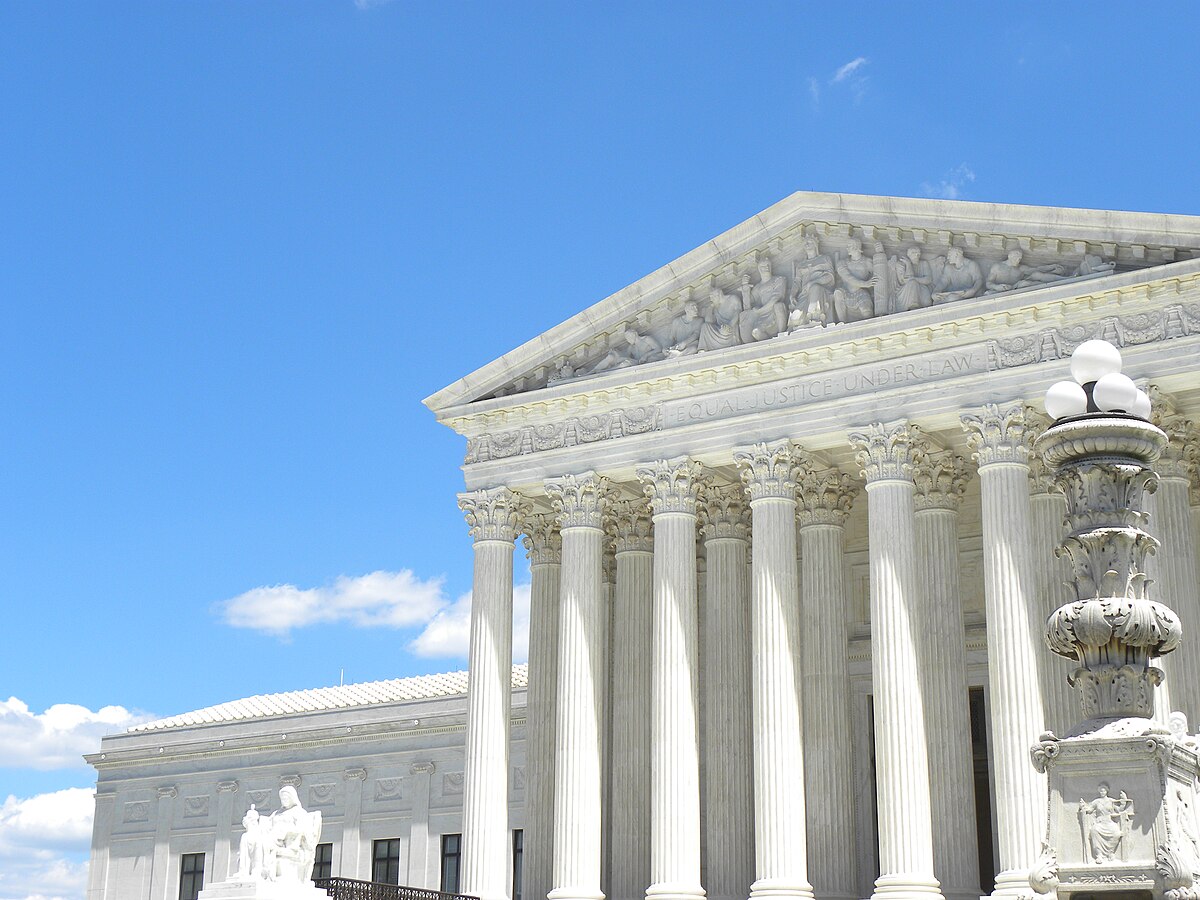The U.S. Supreme Court is set to begin its 2025-2026 term, with oral arguments scheduled for several high-profile cases that could shape national policy on issues ranging from election laws to LGBTQ rights.
Explainer Supreme Court Allows Mississippi's Social Media Age-Verification Law to Proceed
Among the most notable cases is Bost v. Illinois State Board of Elections, where Rep. Mike Bost and two other Republican elector nominees are challenging Illinois' law that allows ballots to be received up to 14 days after Election Day. The plaintiffs argue that this statute violates federal law. After their lawsuit was dismissed by a district court and upheld by the Seventh Circuit Court of Appeals, the Supreme Court agreed to hear the case, with arguments scheduled for October 8, 2025.
In Chiles v. Salazar, licensed therapist Kaley Chiles is contesting Colorado's ban on conversion therapy for minors, claiming it infringes on her First Amendment rights. The Tenth Circuit upheld the law, stating it regulates professional conduct that involves speech. The Supreme Court will hear this case on October 7, 2025.
Another significant case, First Choice Women’s Resource Centers, Inc. v. Platkin, involves a pro-life nonprofit in New Jersey facing a state investigation over its communications. The organization argues that the state's subpoena violates its constitutional rights. The Supreme Court will consider whether federal courts can hear such cases when state proceedings are ongoing.
Little v. Hecox and West Virginia v. B.P.J. address laws in Idaho and West Virginia that restrict transgender athletes from competing in women’s sports. Both cases have drawn significant attention, with arguments set for a later date. Critics argue these laws discriminate based on sex and gender identity, while supporters claim they protect women's sports.
In Louisiana v. Callais, the Supreme Court will review a new congressional map that allegedly dilutes Black voting strength, following a lawsuit from minority voters. The case will address whether the map violates the Voting Rights Act and the Equal Protection Clause. Oral arguments are scheduled for October 15, 2025.
The National Republican Senatorial Committee v. Federal Election Commission will examine limits on coordinated campaign spending, with the Supreme Court set to determine if these restrictions violate the First Amendment. A date for oral arguments has not yet been set.
Additionally, two cases involving President Trump’s tariff authority, Learning Resources, Inc. v. Trump and Trump v. V.O.S. Selections, Inc., will be heard on November 5, 2025. These cases challenge the legality of tariffs imposed under the International Emergency Economic Powers Act.
In a separate matter, Trump v. Slaughter involves the president's firing of two FTC members, with the court tasked to consider if such actions violate the separation of powers. The Supreme Court has temporarily paused a lower court ruling that barred Trump from firing one of the commissioners.
As the Supreme Court prepares to hear these cases, legal experts and advocates on both sides are closely monitoring the implications of the decisions. "These cases will have a profound impact on various aspects of American life, from voting rights to the rights of individuals in therapy," said legal analyst Sarah Johnson. Meanwhile, critics of the court's recent direction express concern about the potential for decisions that could undermine established rights and protections.
These cases will have a profound impact on various aspects of American life, from voting rights to the rights of individuals in therapy,
legal analyst Sarah Johnson
Why it matters
- The Supreme Court's upcoming term will address pivotal cases affecting election laws, LGBTQ rights, and voting rights, potentially reshaping national policy.
- Cases like Bost v. Illinois and Louisiana v. Callais could redefine ballot acceptance and voting district fairness, impacting minority representation.
- The court's decisions on conversion therapy and transgender athlete participation will influence state laws and individual rights, reflecting societal debates.
- Legal experts warn that the outcomes may challenge established rights, raising concerns about the court's direction and its implications for American life.
What’s next
- Oral arguments for Bost v. Illinois are scheduled for October 8, 2025, and Louisiana v. Callais for October 15, 2025.
- The Supreme Court will hear Chiles v. Salazar on October 7, 2025, regarding conversion therapy bans.
- Dates for oral arguments in cases involving Trump's tariff authority are set for November 5, 2025.
